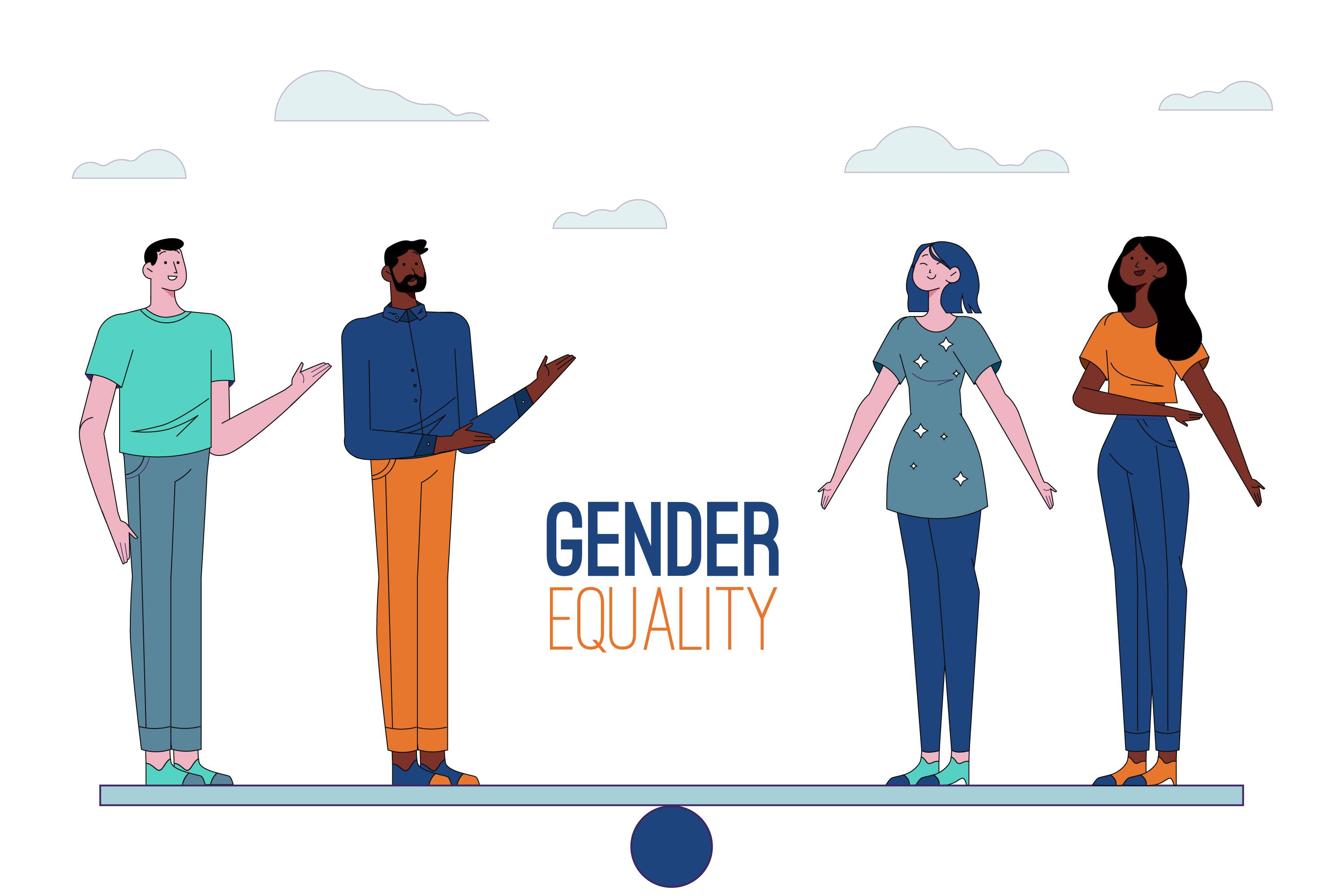UNDP Report: Huge Gender Bias Still Persists

No improvement in biases against women has been revealed in the latest report of the Gender Social Norms Index (GSNI), spanning a decade.
Startlingly, nearly 9 out of 10 men and women worldwide still hold such biases today. The report, launched by the United Nations Development Programme (UNDP), reveals that half of the global population still believes men are better suited for political leadership, while over 40 per cent think men make superior business executives.
Shockingly, 25 per cent of people consider it acceptable for a man to physically abuse his wife, as per the new GSNI report based on the World Values Survey.
The report highlights the role of these biases in creating obstacles for women, leading to the erosion of women's rights in various parts of the world.
Movements against gender equality have gained momentum, and some countries have witnessed a surge in human rights violations. The biases are also reflected in the significant underrepresentation of women in leadership positions.
Since 1995, the proportion of women serving as heads of state or government has remained at a meagre 10 per cent on average, and women hold less than one-third of managerial positions in the labour market.
Featured Article: The Importance of Gender Equality in the Workplace and its Effect on your Business
Furthermore, the report exposes the disconnect between women's educational advancements and economic empowerment. Even in the 59 countries where women now surpass men in education, the average gender income gap remains a staggering 39 per cent in favour of men.
Pedro Conceição, the head of UNDP's Human Development Report Office, states, "Social norms that hinder women's rights also harm society at large, impeding human development. The lack of progress on gender social norms is occurring alongside a human development crisis, with the global Human Development Index (HDI) experiencing its first-ever decline in 2020—and again in the subsequent year. Ensuring freedom and agency for women benefits everyone."
The report emphasises the pivotal role of governments in reshaping gender social norms. Policy changes, such as parental leave policies, have influenced perceptions regarding caregiving responsibilities, while labour market reforms have shifted beliefs regarding women's employment.
Raquel Lagunas, Director of UNDP's Gender Team, remarks, "A significant starting point is acknowledging the economic value of unpaid care work. This can effectively challenge gender norms surrounding care work. In countries with the highest levels of bias against women, it is estimated that women spend over six times as much time as men on unpaid care work."
Despite the persistence of bias against women, the data presented in the report demonstrates the potential for change. In 27 out of the 38 surveyed countries, there was an increase in the percentage of individuals exhibiting no bias across all indicators. The authors of the report stress the need to drive change towards greater gender equality by focusing on expanding human development through investment, insurance, and innovation.
This involves investing in laws and policies that promote women's political participation, scaling up insurance mechanisms to strengthen social protection and care systems, and implementing innovative interventions that effectively challenge harmful social norms, patriarchal attitudes, and gender stereotypes. For instance, combating online hate speech and disinformation can help shift pervasive gender norms towards greater acceptance and equality.
Furthermore, the report recommends directly addressing social norms through education to reshape people's perspectives, implementing policies and legal changes that recognise women's rights across all domains of life, and increasing women's representation in decision-making and political processes.
Access the full report at: https://hdr.undp.org/content/2023-gender-social-norms-index-gsni
For more social and governance news
To view and compare company ESG Ratings and Sustainability Reports across sectors, follow our Company ESG Profiles page.
Source: UNDP

